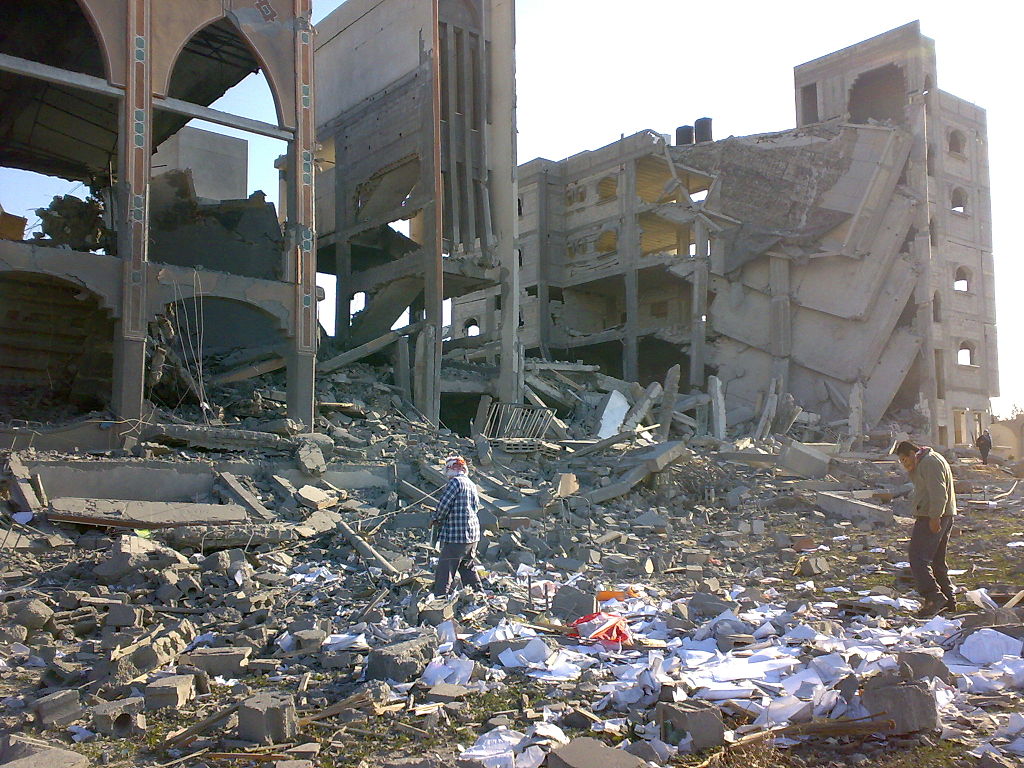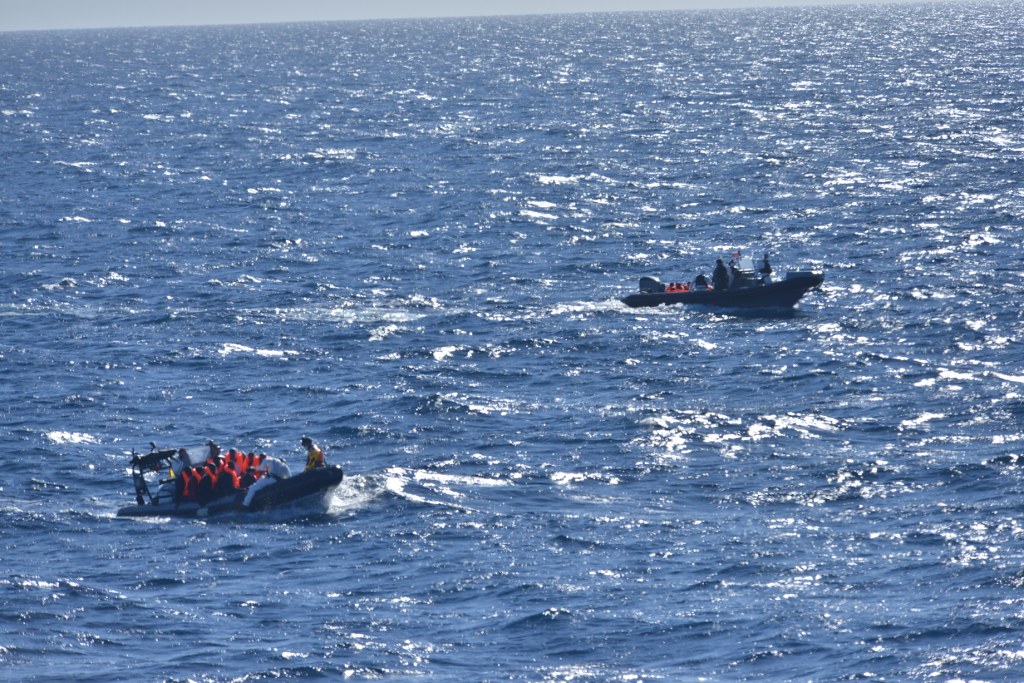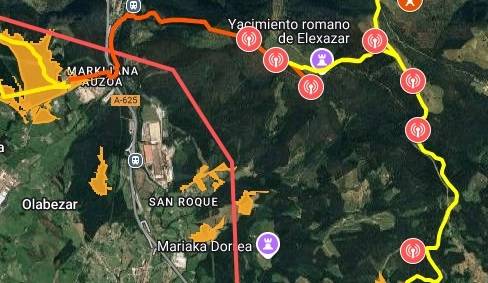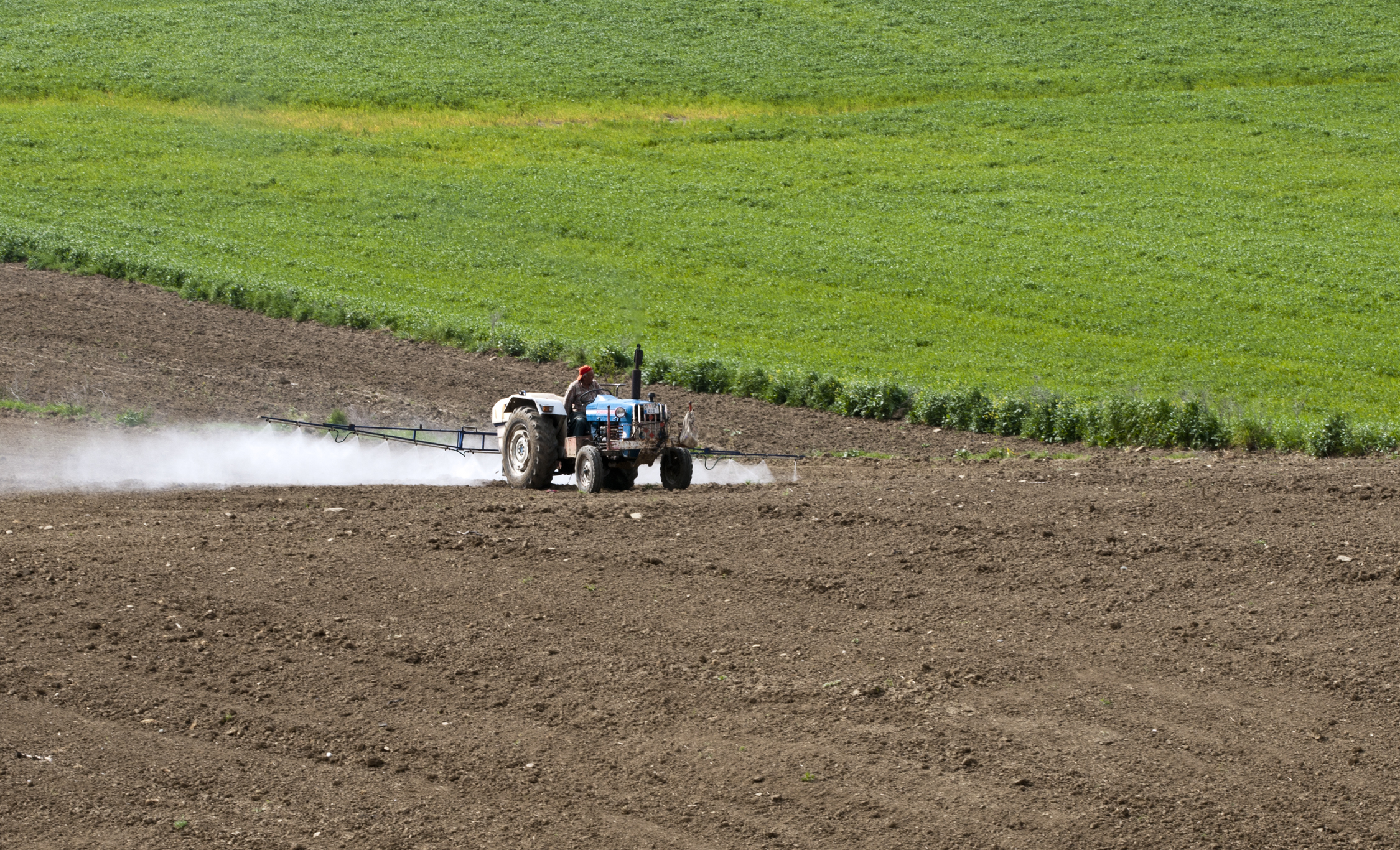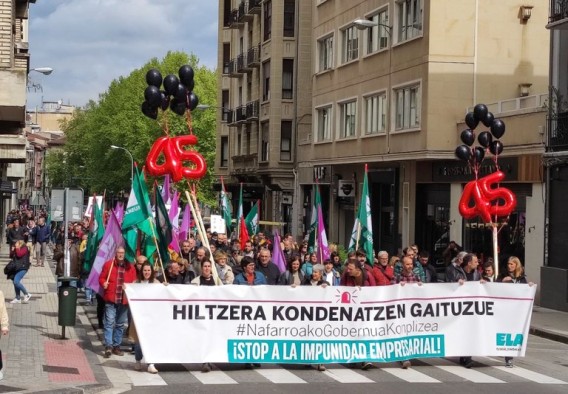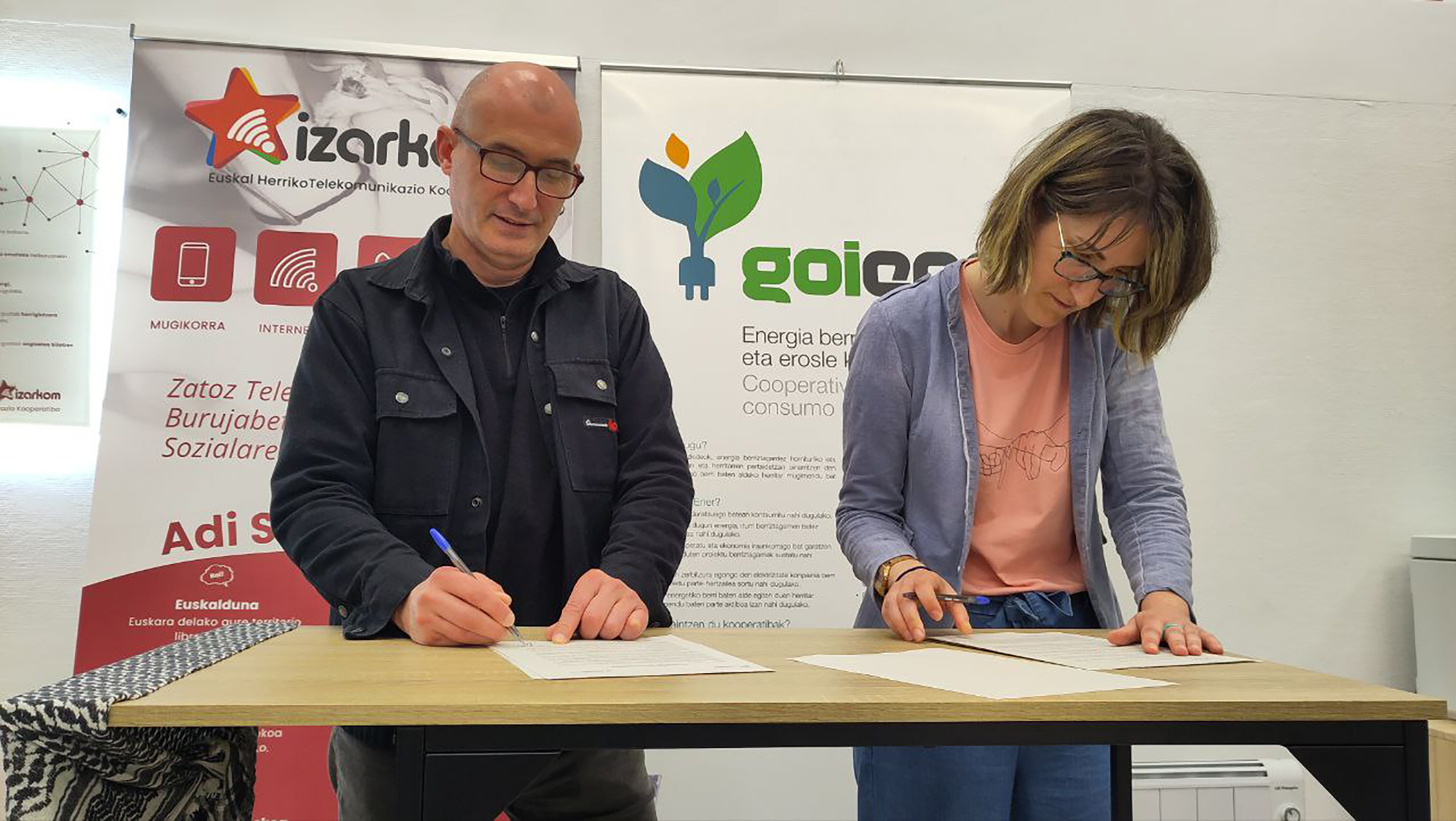Knowledge of Basque has doubled in Navarre since the adoption of the law on Basque (Xabier Azanza)

The Conference “Languages of the Pyrenees: First and Present” has just been held in Pamplona. As Managing Director of Euskarabide, I presented a report on the evolution of the Basque language in Navarre since the Provincial Law on Basque was approved by the Parliament of Navarre in 1986. One of the data presented concluded that two-year-olds and two-year-olds from Navarre who “understood, spoke, read and wrote Basque” represented 5% in 1986 and 15 years later 10.5%. Similarly, those with “difficult” language skills accounted for 4.6 per cent in 1986 and 9.7 per cent in 2003. As a result, “those who do not know Basque” have gone from 90.4% to 78%. The data are clear: Since the adoption of the Provincial Law on Basque, knowledge of Basque has doubled in Navarre.
It should be noted that in the Basque area of Navarre, the teaching of the Basque language is compulsory, so that students, at the end of their basic schooling, can prove a sufficient level of Basque language proficiency. The teaching of Basque or Basque in the mixed and non-Basque areas is voluntary. The evolution of enrolment in Basque language models is positive and since 1986 the number of students in model D has doubled (from 13% to 26%) and in model A it was initially 5.5% and today it is 25%. Although these data show a positive evolution, the reality is that almost 50% of Navarrese students still do not have any relationship with the Basque language and only 25% are enrolled in the D model, the only model that currently guarantees bilingual or multilingual students in two of the native languages of Navarre.
The Department of Education of the Government of Navarre has a challenge in the field of language knowledge: to be able to offer society a language model that integrates languages (both our two native languages in Navarre and English). If we can ensure that the new model guarantees training in these two languages in such a way that everyone, both in Basque and English, acquires a minimum level of B1 and that, depending on the areas and the choices chosen, it will be possible to acquire a level of B2 or C1, we will achieve that the percentage of knowledge of Basque continues to increase in Navarrese society.
During the same conference, Patxi Baztarrika, Vice-Minister for Language Policy of the Basque Government IV. He presented the results of the publication Sociolinguistic Survey (2006). In the last section, concerning Navarre, the conclusions mention that those who support the promotion of the Basque language (37.7%) and those who oppose it (34.2%) are quite similar. Fifteen years ago, those who had a negative attitude (51.8%) were much more than those who had a positive attitude (21.6%). However, a third of Navarrese society still opposes Basque.
Following the line of this data, I believe that we must recover the spirit that Bernard Etxepare showed through the song more than five hundred years ago: “In tongues you are used to inzan/in letters of esteem;/ you need orai times you/in all honor.” We need the Basque language to regain its prestige and honor in Navarre and for this we must all work together. The Government of Navarre, among other things, as a cultural heritage of all Navarrans, promoting and taking steps to ensure that Basque is a language that requires special respect and protection, so that this language can have a greater presence, for example, in the labeling. Society, whether or not it knows the language, takes pride in the fact that Basque is one of two languages of its own. And for this, it is essential that all attempts to monopolize the language disappear, as well as the attempt to link it with any nationalism, especially radical nationalism, which has caused it enormous damage and has generated in society a huge rejection of the Basque language.
Navarre aims to achieve two achievements:
1.- A multilingual language model that guarantees and allows the knowledge of the three languages (Spanish, Basque and English) in general.
2.- Do not associate the Basque language with any political choice and consider the culture of all Navarrese as heritage.
When we reach them, we succeed in advancing the trend that the Basque language is booming. It’s a task for all of us and we have to achieve it together if we want to reach the level that Etxepare wanted: “You need honor in everything.”
* Director of the Basque Institute of Navarre
The four belligerent European presidents (Emmanuel Macron, Keir Starmer, Friedrich Merz and Donald Tusk) demanded a 30-day ceasefire from Vladimir Putin on May 10. Response from the Russian President: “On May 15, let’s start negotiating peace in Istanbul.”
The two... [+]
Imagine a sports center swimming pool with six cork hairs. You're standing in front of one of those lines. On the first street you see two old ladies swimming slowly with their boards. On the second street, on the other hand, two young women swim in a better style than the other... [+]
Trumpen muga zergen inguruko neurri ero bezain erratikoek ekarri dute Europako Batasuneko herrialde ugarik sektore eta enpresa kaltetuentzat dirulaguntzak bideratzea. Esate baterako, muga zergen gerrak kaltetutako enpresen aldeko14 mila milioi euroko plana onartu berri du... [+]
The new bookstore will be based on Hazparn’s ideas – if this has not already been published –. It will be called Et’abar. It will be a typical shop with an offer of publications in Basque. It will not only operate in the interior of the Northern Basque Country. Over the... [+]
The house was a space for the dead and the living in the old Basque customs. Children who were born dead or who had died before being baptized were buried next to an outer wall under the roof. The surnames were also associated with a house, the name given by the house to the one... [+]
Ez naiz oso konspirazio zalea. Eta are gutxiago naiz konspirazio zaleen zalea. Baina badago bat, hasieran sinesgogor harrapatu baninduen ere, luze gabe konbentzitu egingo nauena azkenean. Ikusiko zenuten zuen sare sozial gogokoenean bueltaka: Mercadona... [+]









